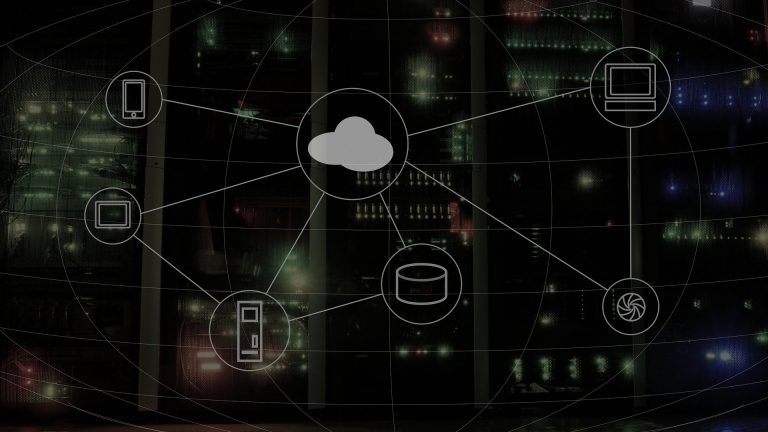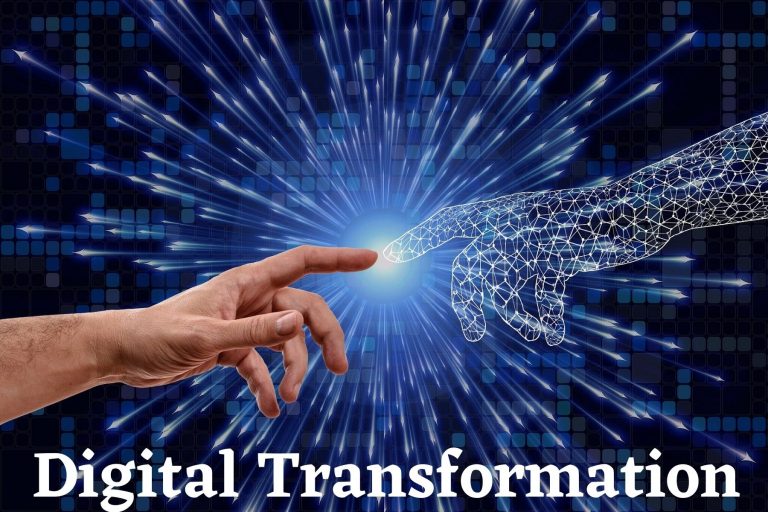The unpredictable events of 2020 have nudged many budding startups & large enterprises to avail cloud services to ensure business continuity. Let’s look at 5 cloud computing trends that will witness improvements in 2021 for enterprises and consumers.
5 Biggest Cloud Computing Trends in 2021
Cloud Computing’s Efficiency will be Improved by AI
Artificial Intelligence is a trailblazing technological solution that has benefitted many enterprises. Cloud providers will be leveraging this amazing technology to enhance their services for 2021 & beyond.
Revolutionary toolsets of AI like natural language processing, image recognition tools, recommendation systems & other machine learning functions can be easily availed in the cloud by almost any individual, startup or an enterprise as per their business requirements, budget & skill levels.
These are some cloud-dependent fields where AI-based algorithms will have a positive impact:
- Smart City Infrastructure
- Pandemic Response Planning
- Autonomous Vehicles
Machine learning which is a subset of Artificial Intelligence will benefit cloud-oriented data centers in terms of logistics processes. The associated networks of hardware, power usage & cooling systems in such expensive yet complex data centers can be seamlessly monitored & managed by AI/ML-based algorithms to enhance running efficiency.
Enterprises will Nudge towards Multi-Cloud Platforms
Some of the leading cloud providers are Microsoft, Google & Amazon. However, one of the biggest cons of these cloud providers is the walled garden approach of the cloud service that they provide. This method has benefitted cloud service providers till now as they can promote their services as a one-stop-shop solution that covers computing, data & cloud requirements of an enterprise with ease.
However, many industries are increasingly leaning towards multi-cloud & hybrid cloud environments as these can be easily deployed across various business models.
Now, why in the world would companies ignore one-stop-shop solutions and go for multi/hybrid cloud platforms?
A prime reason for this shift is that multi-cloud providers create bridges between multiple platforms which in turn streamlines business activities. Such collaborative efforts will help organizations that work across multiple applications and data standards.
Improved Gaming on Cloud
You might’ve heard about Google Stadia, Amazon’s Luna, Playstation Now, Project xCloud and more. These are cloud gaming platforms which enable you to play games on the cloud.
One of the best perks of cloud gaming is that you don’t need high-end hardware i.e. Desktops/Laptops with dedicated graphics cards and high-performance processors. All you need is a good internet connection!
Music & Video streaming apps which were dependent on the cloud were popular in the past few years. But, now it’s gaming on the cloud that will take the world by storm. You can even access hundreds of games in the cloud library which was previously not possible as you had to buy each game separately & install it which is a cumbersome task).
Leading reports suggest that in the next few years people won’t be needing new computers/laptops for gaming. Revolutionary stuff, isn’t it?
More people will work on Virtual Cloud Desktops
The term virtual cloud desktop is pretty self-explanatory. To put it simply, the entire hardware/software requirements of a computer/laptop will be offered and managed by cloud service providers.
You just need to have a screen and some basic hardware. The rest of the processing power will be seamlessly handled by cloud-based services. Enterprises can take advantage of this amazing technological solution and avail by-the-hour subscription. What this means is that organizations will only be charged for the amount of time their employees use the virtual cloud desktops. This will eliminate costs associated with acquiring new hardware, updating the existing hardware & the disposal of redundant computing equipment.
Virtual Cloud Desktop services are also known as Desktop-as-a-Service. Currently, three major companies provide this service They are:
- Microsoft – Windows Virtual Desktop
- Amazon – Workspaces
- Google – Via Chromebooks
One of the main benefits of using such virtual desktops is that it enables the entire workforce to carry out their work on synchronized & up-to-date systems. This results in robust security of data across all the devices as all of them can be seamlessly managed from a central node/server. Therefore, the excellent flexibility of virtual desktops will make them popular in 2021 & beyond.
On-Premise & Hybrid Cloud will become Popular
Organizations have a hard time choosing a type of cloud that can suit their business needs. The three prominent types of cloud are:
- Public
- Private
- Hybrid
Each cloud brings with it some amazing advantages but a few disadvantages as well in terms of compliance, performance, security & flexibility. So, there is no specific cloud-based service that can fulfil all your business needs. That is why hybrid & multi-cloud environments will be preferred by many businesses as they offer a gamut of services which are flexible & reliable.
Therefore, cloud services offered by IBM & Microsoft are increasingly being leveraged by companies as they empower users to deploy cloud technologies & tools over on premise business systems & networks. This is in stark contrast to traditional cloud services offered by Google & Amazon as they are public cloud platforms which are less flexible and have a walled garden approach.
These are 5 exciting cloud computing trends that will dominate 2021 & the coming years. ARSR holds expertise in cloud computing & offers robust services like cloud strategy, cloud migration & cloud management for startups and enterprises.






